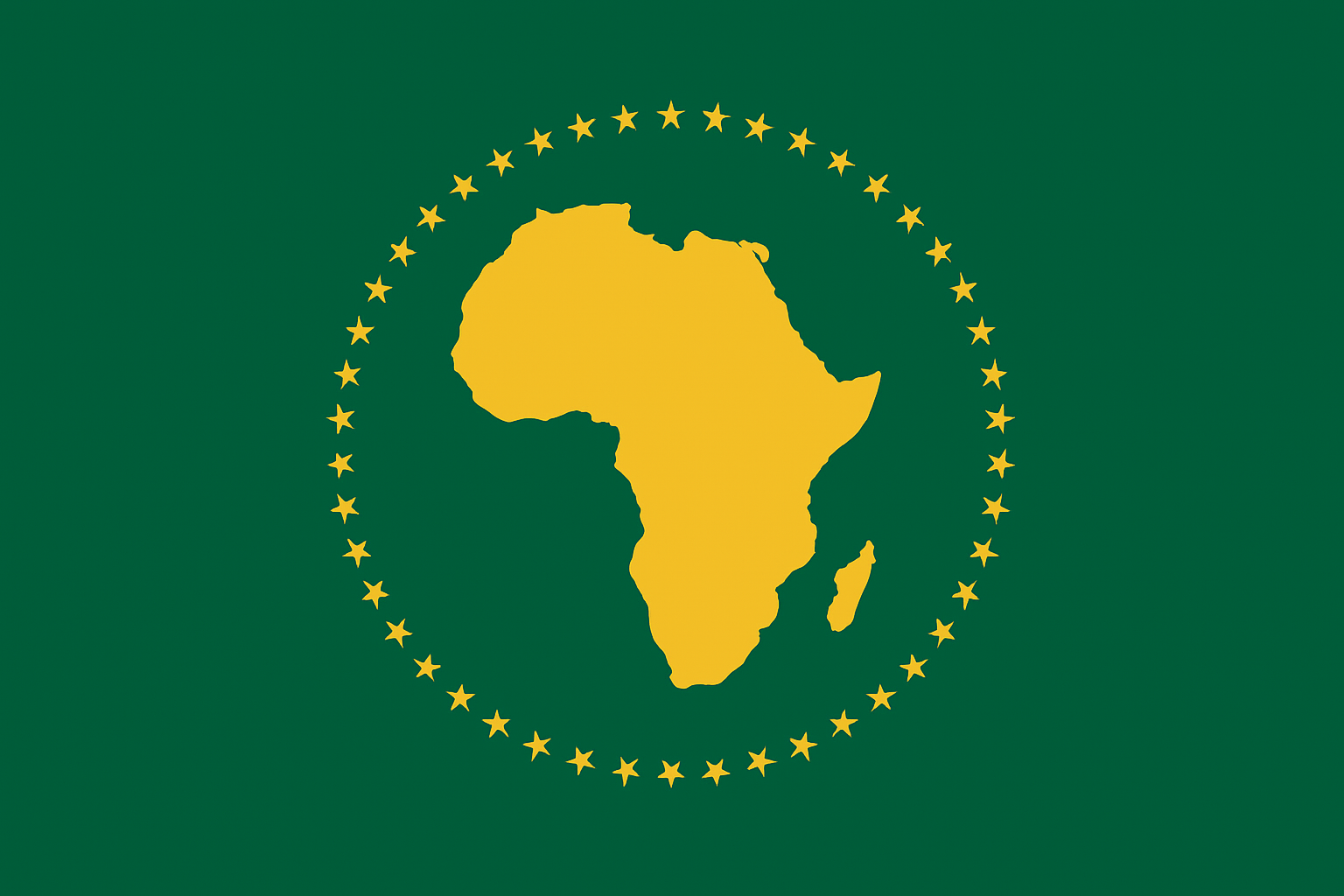Africa celebrates African Union (AU) Day today, marking 26 years since the landmark Sirte Declaration of September 9, 1999, when African leaders resolved to establish the AU.
The declaration set the stage for a united, peaceful, and prosperous continent, and today serves as both a celebration of achievements and a reflection on the challenges that remain.
In a statement on the occasion, AU Chairperson H.E. Mahmoud Ali Youssouf underscored the significance of the day, praising the resilience of the African people and the enduring spirit of Pan-Africanism.
“African Union Day honors our collective journey and the enduring spirit of Pan-Africanism that continues to inspire and bind us together,” he said.
Since its formation, the AU has made significant strides in promoting peace and stability across the continent.
Mediation and peacekeeping efforts have helped ease conflicts in the Sahel, the Horn of Africa, and the Great Lakes region, with the union often playing a central role in facilitating dialogue, brokering ceasefires, and supporting post-conflict reconstruction.
These efforts have, in many cases, prevented escalation into wider conflicts and have underscored Africa’s commitment to resolving its own challenges through regional cooperation.
Economic integration has also been a central pillar of the AU’s vision.
The African Continental Free Trade Area (AfCFTA) has emerged as a landmark achievement, opening new avenues for intra-African trade, fostering business growth, and positioning Africa as a rising force in the global economy.
This initiative is complemented by efforts to advance renewable energy, digital innovation, and youth empowerment programs, which aim to harness the continent’s demographic advantage and drive sustainable development under the long-term Agenda 2063 framework.
However, the journey toward a fully united and prosperous Africa has not been without obstacles. Persistent conflicts continue to affect some regions, where fragile states struggle to maintain security and governance.
Economic disparities among member states limit the pace of integration and reduce the effectiveness of continental initiatives. Infrastructure gaps remain a major constraint, impeding trade, mobility, and access to essential services.
Political cohesion within the AU can also be slow, with consensus often difficult to achieve on contentious issues, which has, at times, delayed rapid responses to crises or limited the union’s impact on certain pressing matters.
Despite these challenges, Chairperson Youssouf reaffirmed the AU’s dedication to the principles of solidarity, integration, and sustainable development.
He called on governments, civil society, private sector stakeholders, and youth across the continent to work hand in hand to build a future where every African can thrive in dignity and hope.
African Union Day, therefore, is not only a celebration of the progress made over the past 26 years but also a reminder of the work that lies ahead.
As Africa reflects on its journey, the day inspires renewed commitment to a vision of unity, peace, and prosperity; a vision that continues to guide the continent toward realizing its full potential on the global stage.



















